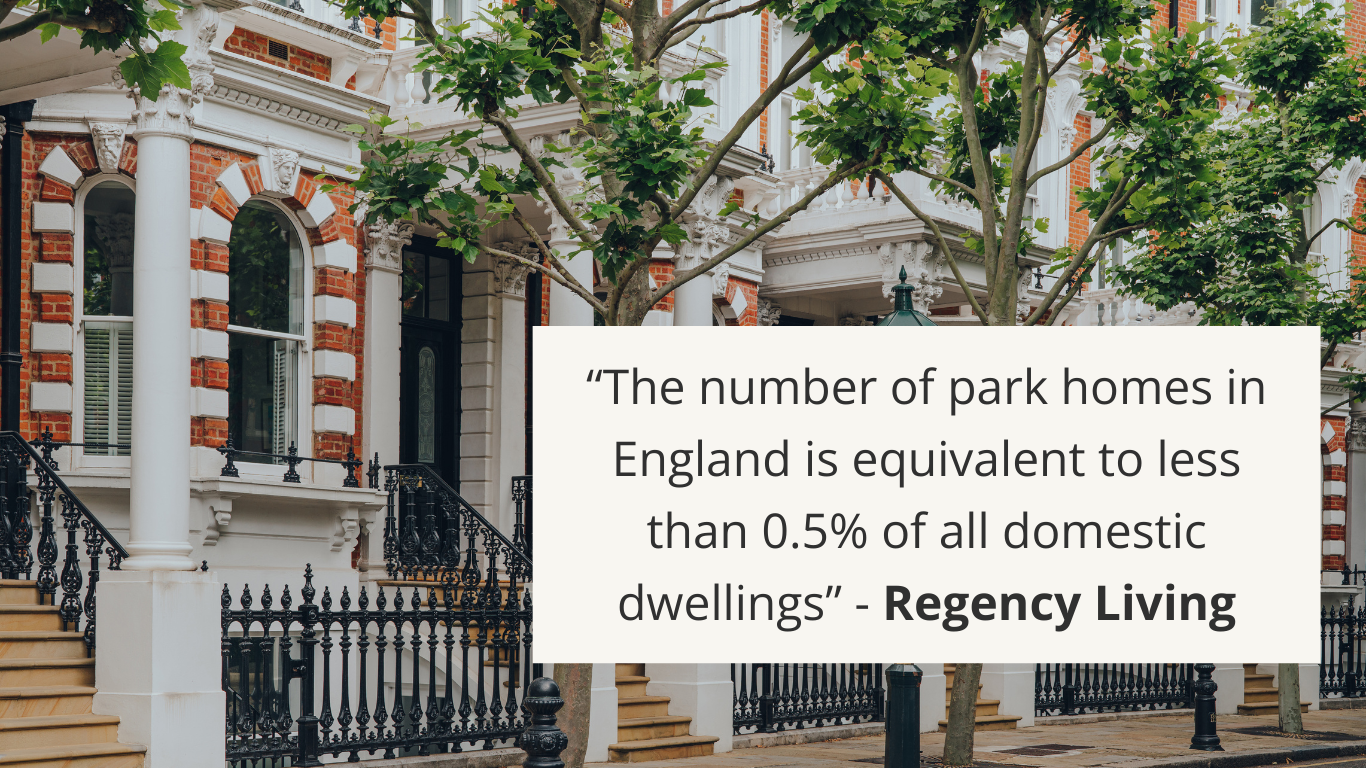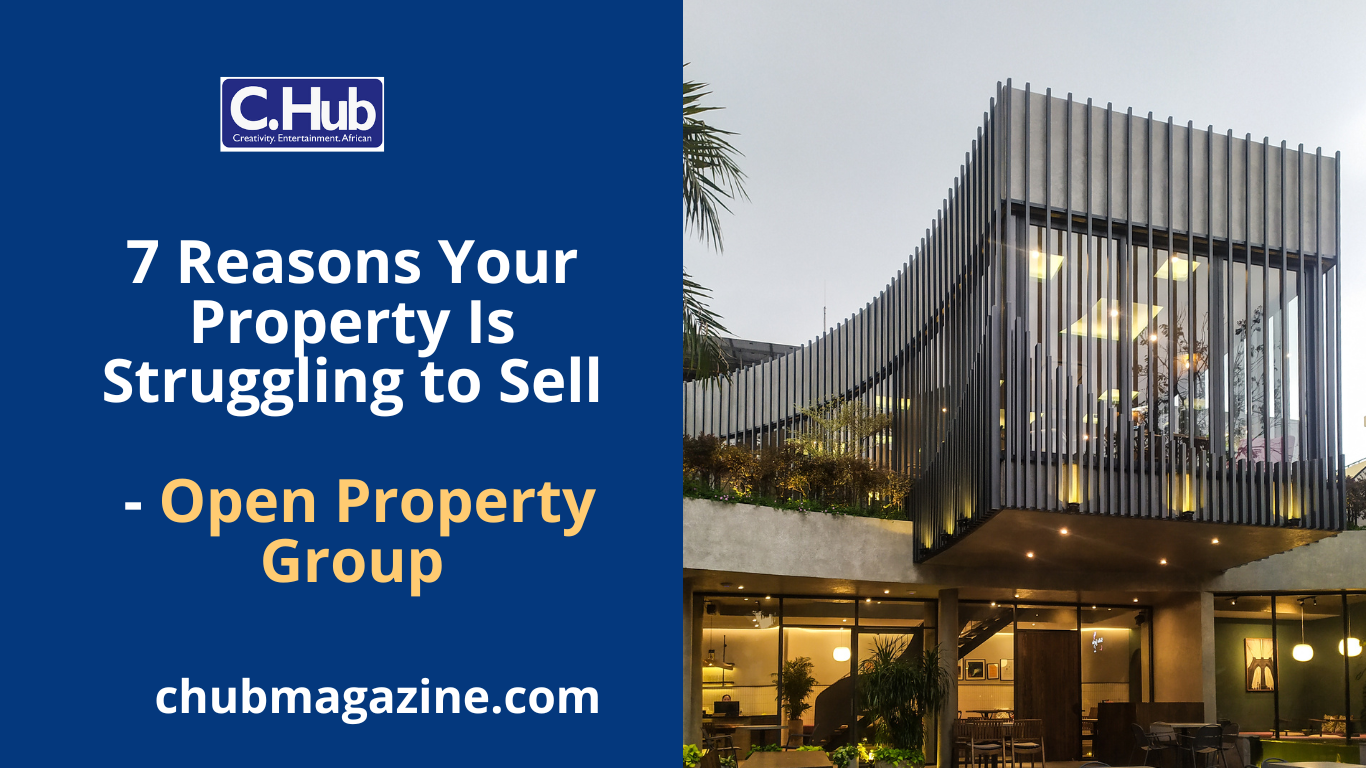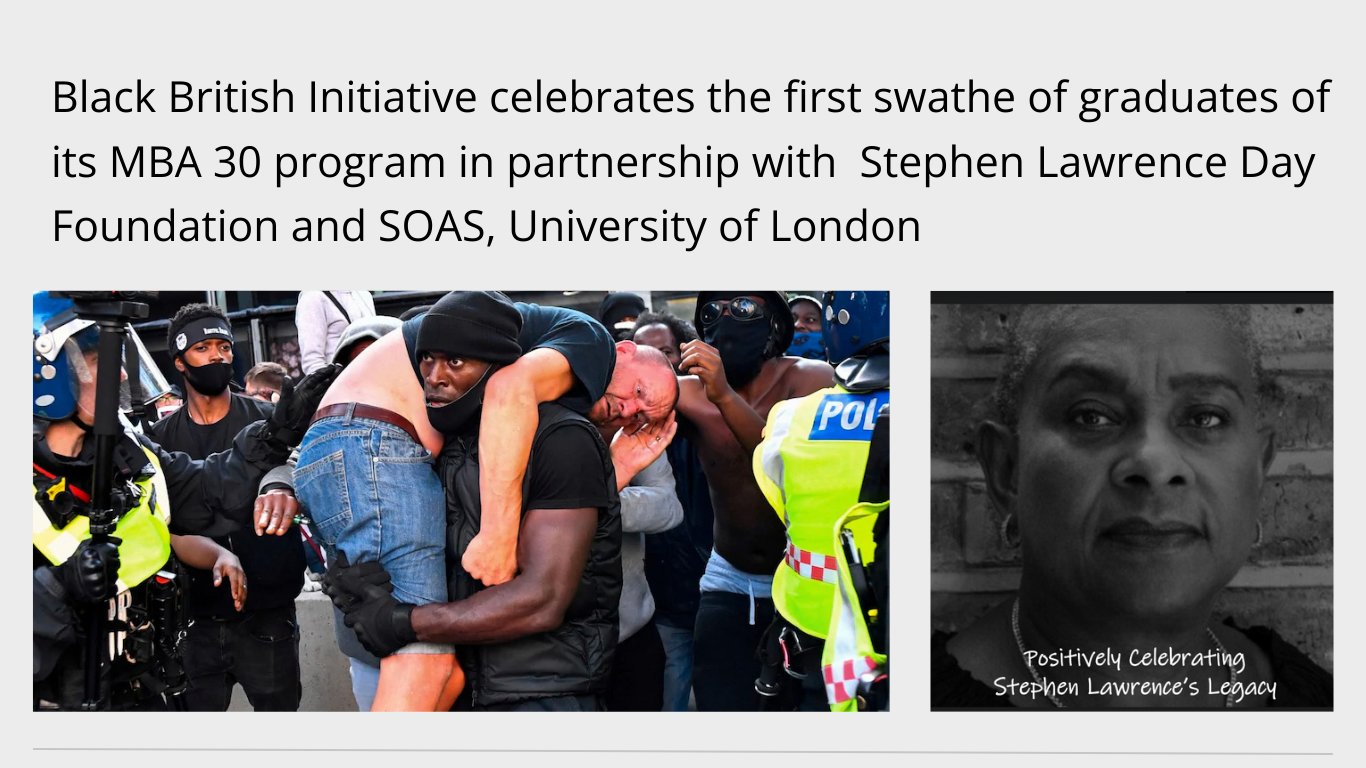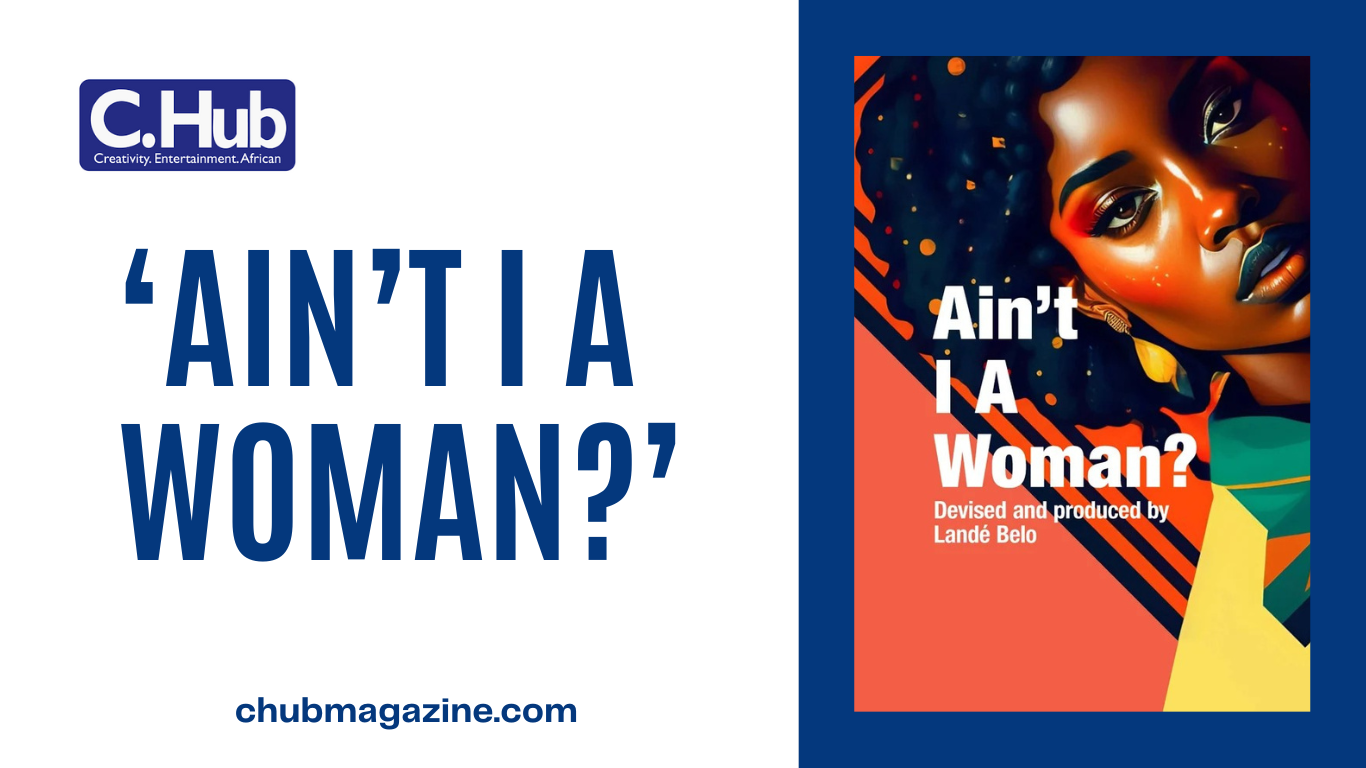
Decision making is an integral part of our lives and is most important to becoming a successful or unsuccessful entrepreneur or leader.
The quality of your decision today will determine the quality of your life tomorrow. To Influence how successful you become with your talent, efforts and resources you must be ready to make quality decisions at the right time. Great decisions improve your capability to solve bigger, more complex problems quickly and reliably.
In the increasingly complex, disruptive and uncertain period of human history, the best decision-makers will innovate, succeed and leave the rest behind. A ‘bad’ decision is when the chances of achieving your desired outcome are low or non-existent.
The reality is that being a successful leader is not just about intelligence but being smart enough to be able to read the room and actually making the right moves at the right time.
Although you can never guarantee that any decision is going to be successful. On the other hand, there are a lot of warning signs and a lot of ways to think about whether a decision has, at least, a reasonable probability of being successful.
That said, let’s look at what is driving professionals and entrepreneurs to make these bad decisions both in the corporate environment and in their private lives.
Conformity
The easiest thing in life is to conform, to go against the tide comes with criticism, especially in a workplace. Who wants to appear ‘foolish,’ in front of their peers? Imagine how much harder it is to object to a complex business decision perhaps supported by your boss. Courage is essential against the tide, but where many conform to the status quo, then, it becomes increasingly difficult to make the right decision.
Culture
The culture that’s prevalent in the firm can hamper the urge to make the right decision at the right time. The culture of big bonuses, sense of entitlement and self-interest can make businesses make a wrong decision as we have seen in Enron and Arthur Anderson.
Over-domineering personalities can prove to be disastrous in businesses where questions are not asked and any form of negative feedback may be seen as a threat. The culture of people can affect the decision they make. The way we are influenced by our parents, people and place can prevent us from making the right decisions.
Diversity
It is about logic and judgement. Diversity is not a plea for consensus management, or for not taking decisions where the known risk of failure is high. That is what capitalism is all about: risk-taking against the backdrop of success and failure. Until we learn how to create a corporate culture in which the most important decisions are appropriately challenged by both experts and a more diverse set of people who see the world through different lenses, our decisions will continually come to haunt us.
Capability
We do come across boards that are filled up with senior smart people but they do not have relevant experience in the area for which they are appointed to take charge. It is a recipe for a disaster.
The handling of the Covid19 pandemic in the UK is a litmus test to how much capability or lack of it can affect decision making. During the pandemic, we saw the Health Secretary, Matt Hancock and many working with him made serious errors with PPE decisions which in turn caused the death of enormous numbers of people in care homes and hospitals across Britain. For which Dominic Cummings said, “ the Health Secretary should have been fired 10 times.”
The incompetence at the top of government leadership was vividly seen through the numerous errors and lack of quality decisions across the board and the fact there were no consequences for such failures evidently showed a lack of capability in those in charge.
Experience.
Most people will think, of course, experience is a good thing. And in many instances, it is. But the reality is that if that experience is not closely tailored to the situation that you’re in, it could lead you astray. One of the classic examples was during David and Goliath, Goliath had 30 years of experience in wars but when he met David he thought that those experiences were relevant but unfortunately, those experiences turned out to be a disaster.
A misleading experience, in particular, could be catastrophic as we have seen also many large and long-standing businesses as they collapse at the feet of the internet and social media revolution. They have experienced CEOs and business leaders but they were experienced in situations that are no longer relevant to the time we’re in. The UK fashion high-street has been made redundant with many completely closed or acquired by more modern and digital-friendly brands. From Debenham to Mothercare and M&S, it has been a rollercoaster ride for them to get their experienced head around the competition from new and more digitally equipped brands.
To stay relevant, you must continually match your experience with the time, upgrade your skills set and acquire more new and relevant experiences as you grow in the industry. Don’t be like the chicken that only remembers its wings when the prey is already on its neck.
Complicity
When we are part of the system it is difficult to change the status quo. This is because breaking the status quo will feel more like a risk than continuing along an unstainable route. Self-interest will never allow us to detach ourselves from what we have always been in order to embrace the brighter future waiting for us on the other side of the pond.
In the Enron and Arthur Anderson saga, David Ducan working for the accounting firm adopted the same business-casual style that was prevalent at Enron, making it hard to tell who was the auditor and who was the client. Both Enron and Andersen even bragged about their closeness in a promotional video. The relationship between Arthur Anderson and Enron was getting too close and at the accounting firm the bosses of David saw him as a rising style and they took their eyes off the ball as the unthinkable was ongoing until Enron collapsed.
Oftentimes, leaders and entrepreneurs blur the line between ethics and personal interest and relationships and often collude on things they should take charge of until it’s too late.
As a leader, you must maintain healthy boundaries with all stakeholders to allow you the chance to make unbiased and quality decisions.













Comment